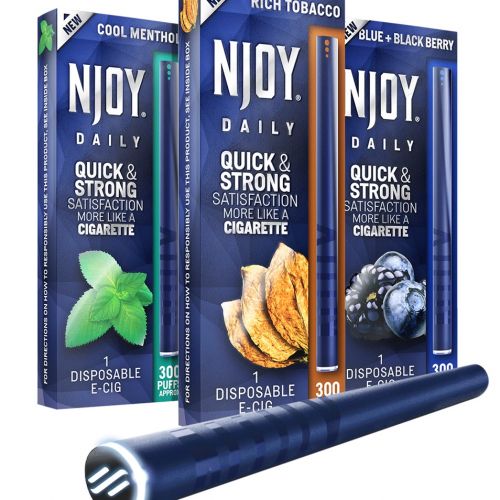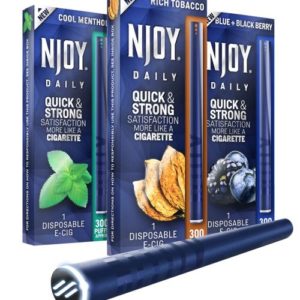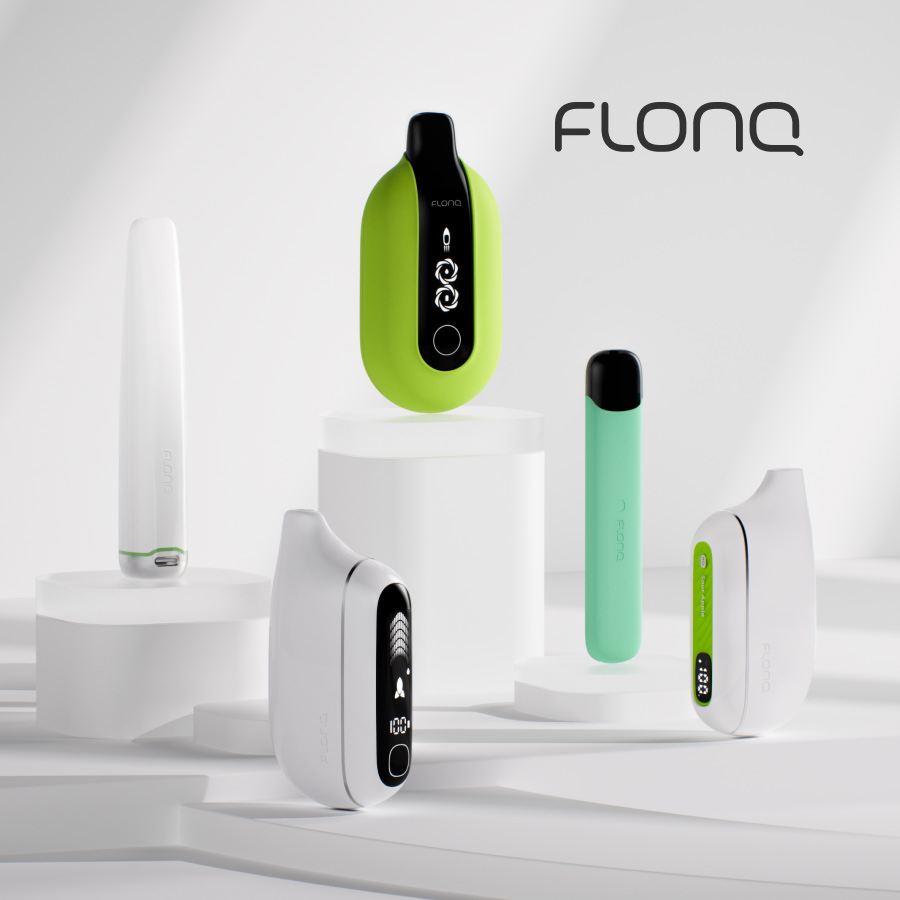NJoy Daily Disposable Gets FDA Marketing Approval
- News This Week PMTA Regulation U.S. FDA
- June 10, 2022
- 3 minutes read

Credit: NJOY

NJOY now has two devices that have received marketing approval from the U.S. Food and Drug Administration. The regulatory agency today issued marketing granted orders (MGOs) under the premarket tobacco product application (PMTA) process for NJOY Daily Rich Tobacco 4.5% and NJOY Daily Extra Rich Tobacco 6%.
“It should be noted that our determination that the marketing of these products is APPH [appropriate for the protection of public health] is based in part on the submitted microbial stability data,” the MGO states. “The issuance of these marketing granted orders confirms that you have met the requirements of section 910(c) of the FD&C Act and authorizes marketing of your new tobacco products.”
The designation does not mean the products are safe and they are not “FDA approved,” the agency said, but the MGOs allows the company to legally market them in the United States.
“Our finding that permitting the marketing of the new products is APPH does not mean FDA has ‘approved’ the new tobacco products specified in Appendix A,” the MGO states. “Therefore, you may not make any express or implied statement or representation in a label, labeling, or through the media or advertising, that the new tobacco products specified in Appendix A are approved by FDA.”
The FDA also issued marketing denial orders (MDOs) to NJOY for multiple other Daily e-cigarette products. These are presumed to be for flavored products other than tobacco. Any of those products that remain on the market must be removed or risk FDA enforcement, the agency said. Applications for two menthol-flavored Daily products remain under FDA review.
Additionally, this authorization imposes strict marketing restrictions on the company to greatly reduce the potential for youth exposure to tobacco advertising for these products. The FDA said it will closely monitor how these products are marketed and will act as necessary if the company fails to comply with any applicable statutory or regulatory requirements, or if there is a notable increase in the number of non-smokers—including youth—using these products.
